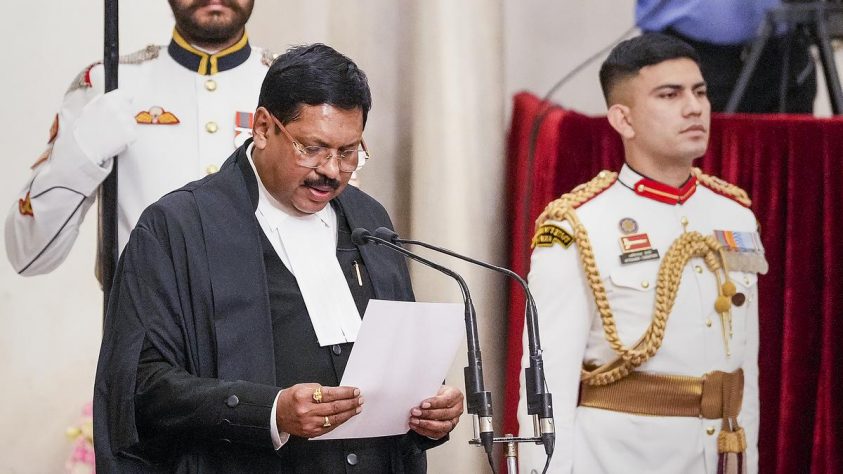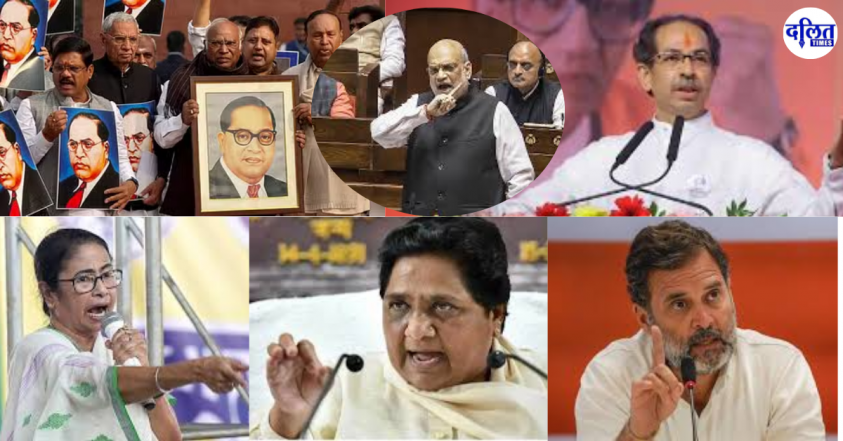In 1923, as a young scholar at the London School of Economics, Dr. B.R. Ambedkar submitted a doctoral thesis that would, without much public acknowledgment, lay the intellectual groundwork for one of modern India’s most crucial institutions—the Reserve Bank of India. Titled “The Problem of the Rupee: Its Origin and Its Solution,” this rigorous economic text dissected the unstable currency systems imposed during British colonial rule and proposed a structured, sovereign framework to stabilize and manage the Indian economy.
Ambedkar’s thesis was not just an academic intervention but a scathing indictment of colonial economic policies. He challenged the unscientific allegiance to the gold and silver standards that had long destabilized the Indian rupee, and called for a managed currency system governed by a central authority. For a colonized, agrarian economy like India’s, he argued, such a monetary system was not just preferable—it was essential. The text reflected not only an incisive economic mind but also the lived urgency of a people systematically denied financial autonomy.
Also Read : Dalit Girl Forced to Write Exam Outside Classroom During Her Period
Three years later, in 1926, the British appointed the Hilton Young Commission to evaluate India’s monetary policy and recommend a framework for central banking. What is remarkable yet rarely taught or remembered is how closely the commission’s report echoed Ambedkar’s thesis. While Ambedkar received no official credit, several economists and scholars today acknowledge that his work significantly influenced the commission’s proposals. The commission’s recommendations directly led to the drafting of the Reserve Bank of India Act, passed in 1934. In 1935, the Reserve Bank of India was established, embodying many of the mechanisms Ambedkar had meticulously advocated more than a decade earlier.
But Ambedkar’s economic thought went beyond currency policy. He envisioned financial sovereignty as central to national liberation. His support for a managed currency standard reflected not only economic pragmatism but a deeper critique of colonial dependency and caste-capitalist control. He insisted that financial institutions must serve the poor, the landless, and the historically oppressed—not just the colonial elite or the upper-caste bourgeoisie. For Ambedkar, economics was never divorced from social justice; currency, credit, and capital were always entangled with caste.
In The Problem of the Rupee, he also fiercely critiqued the exploitative extraction of wealth by the British, which drained India’s resources and deepened internal economic inequalities. He proposed reforms aimed at not just stabilizing the rupee, but restructuring the economy to center the most marginalized. This was an early articulation of what we might now call economic decolonization.
Though the RBI was established under colonial rule, its post-independence role closely followed the contours of Ambedkar’s vision. It became the central authority regulating currency, managing inflation, and guiding India’s financial system. But ironically, the name of the economist who had anticipated and argued for this very institution remained largely absent from its narrative.
Also Read : Stripped of Dignity: Another Dalit Youth Brutalized in Chhattisgarh’s Sakti District
This erasure is not accidental—it reflects the broader silencing of Ambedkar’s intellectual contributions by dominant Savarna historiographies. His revolutionary economic insights, like his radical critique of caste, were deemed too unsettling for India’s ruling elites to digest or commemorate. Yet, the logic and legacy of his work persist, encoded in the very institutions that power the Indian economy today.
To reduce Ambedkar not only the “Father of the Constitution” but also the “father of the RBI” but ignored. He was also one of India’s earliest and most visionary economists, whose ideas about financial governance, inclusion, and justice remain profoundly relevant. “Finance is the backbone of a nation,” Ambedkar insisted—not as a technocrat, but as a revolutionary thinker who knew that freedom without economic autonomy was hollow.
As we remember Ambedkar in the twenty-first century, we must reclaim not only his struggle for social emancipation but also his forgotten role in shaping India’s economic spine. The RBI stands today not only as a monetary institution but also—if we look closely—as a monument to the radical foresight of Dr. B.R. Ambedkar.
(Bindu Ammini, Advocate, Writer, Dalit Feminist & Legal Advisor of Dalit times)



